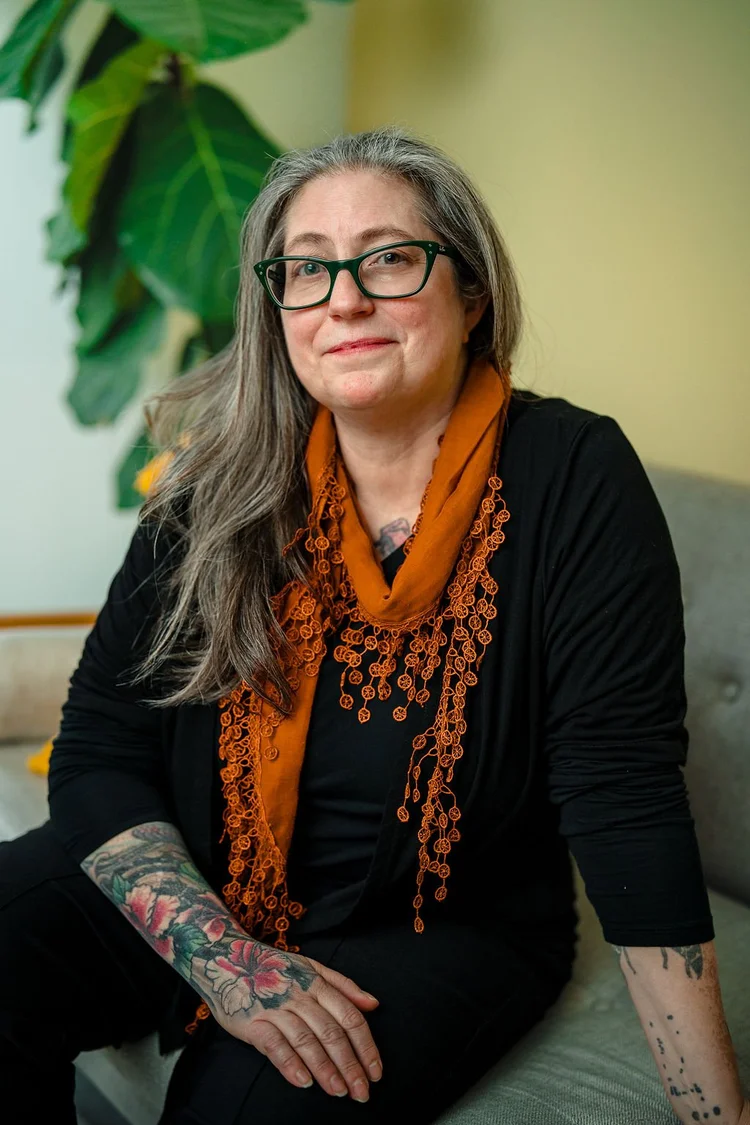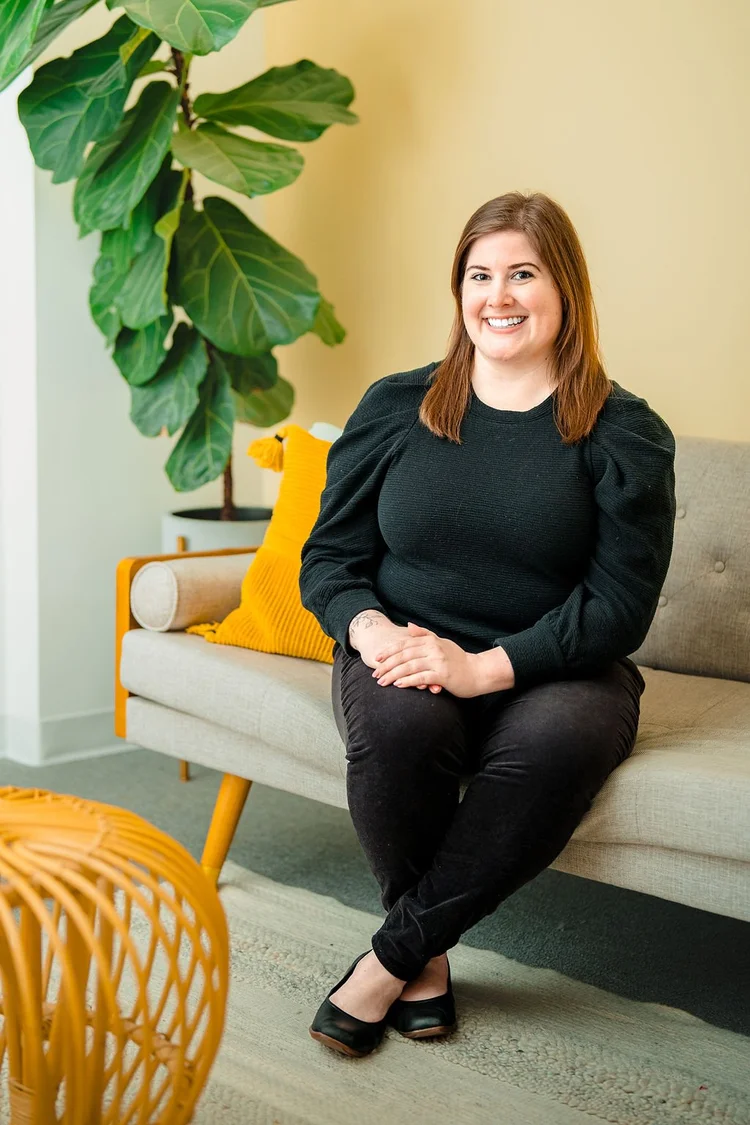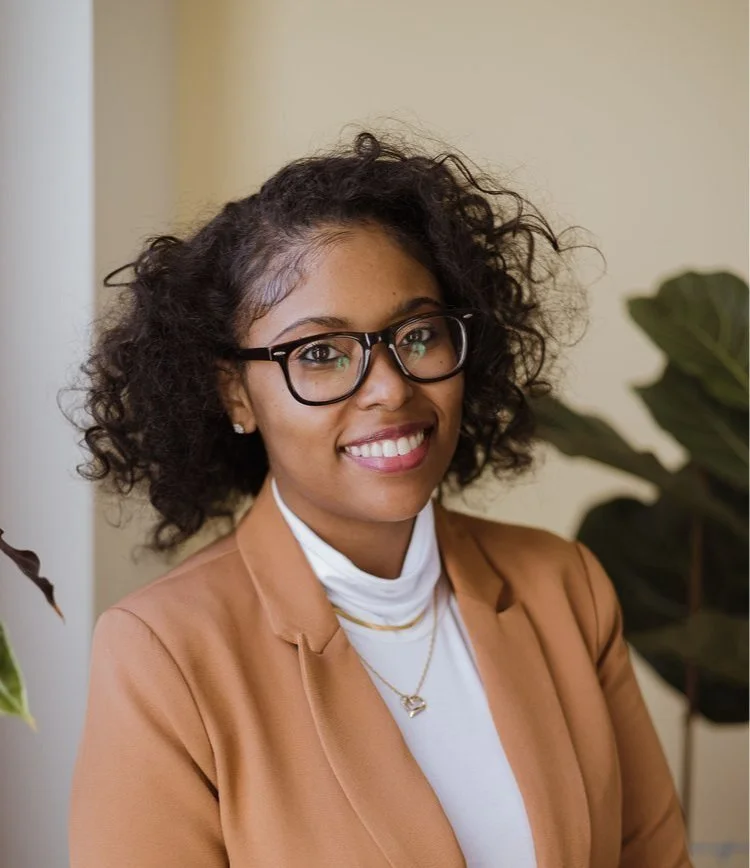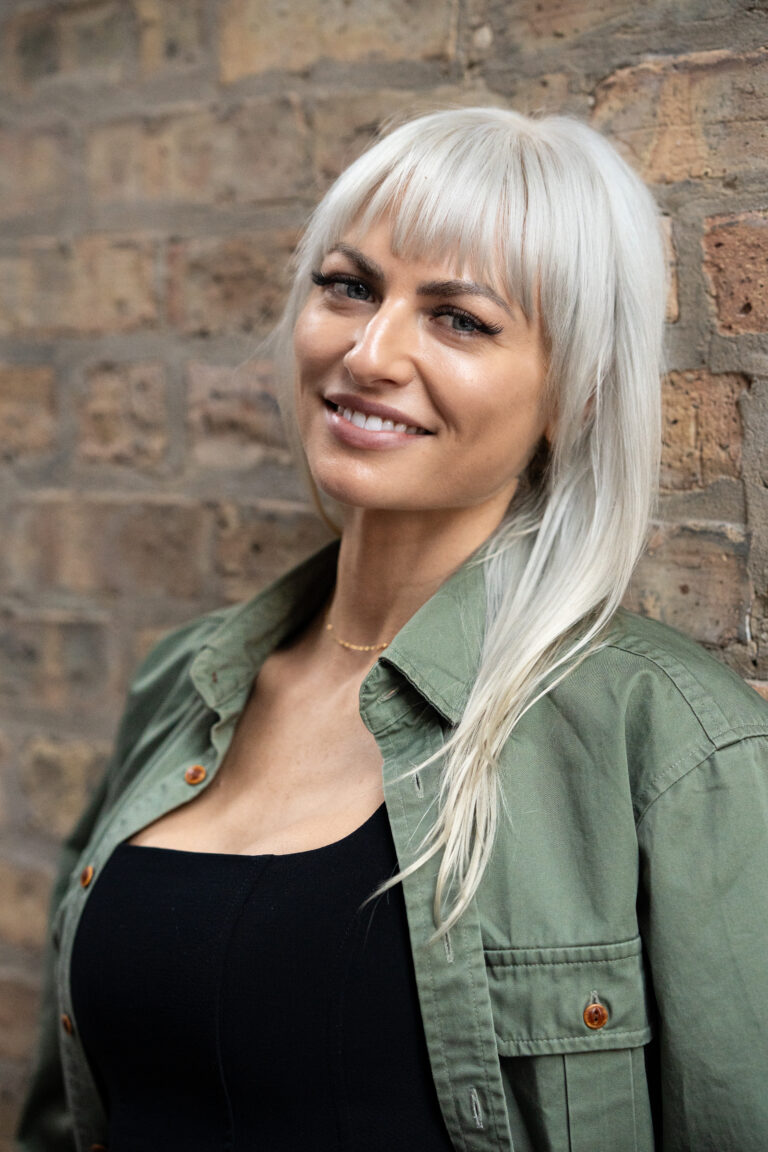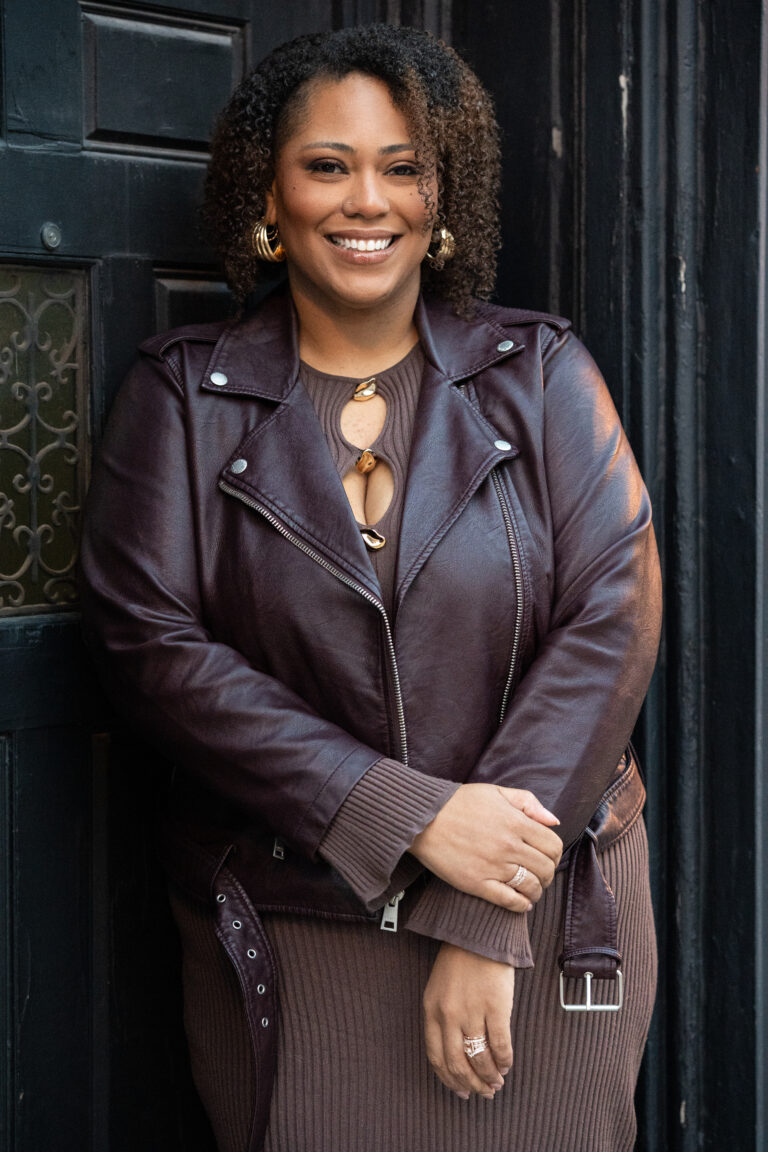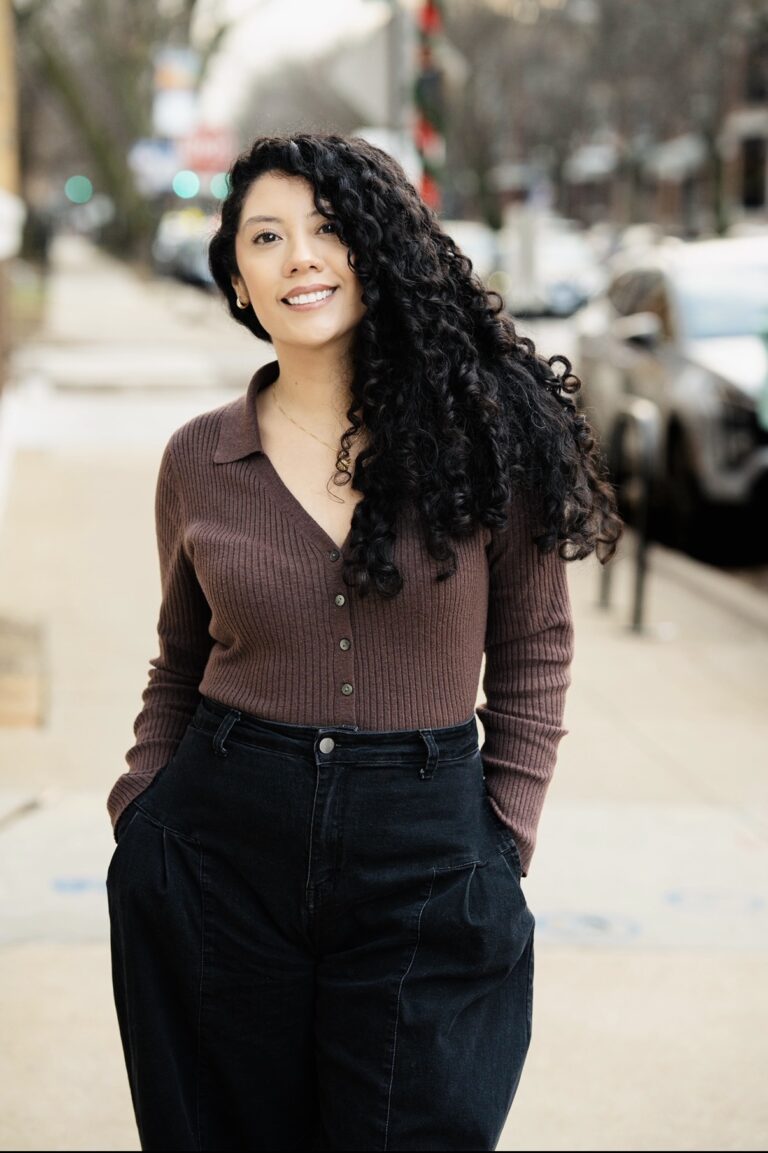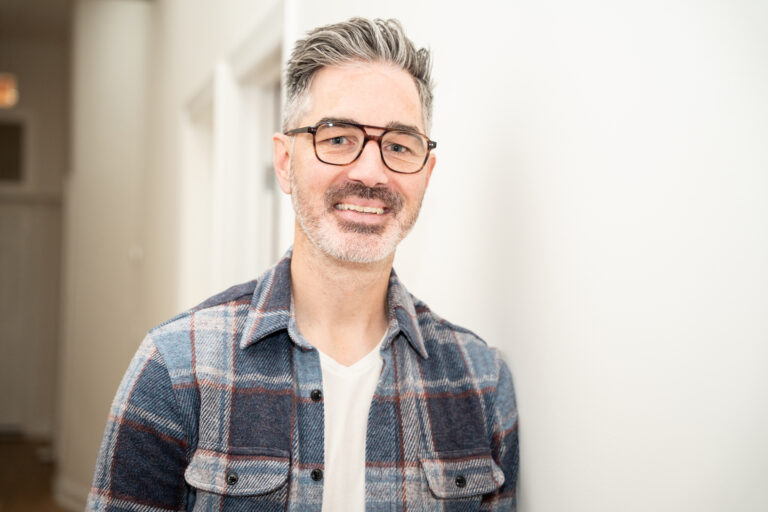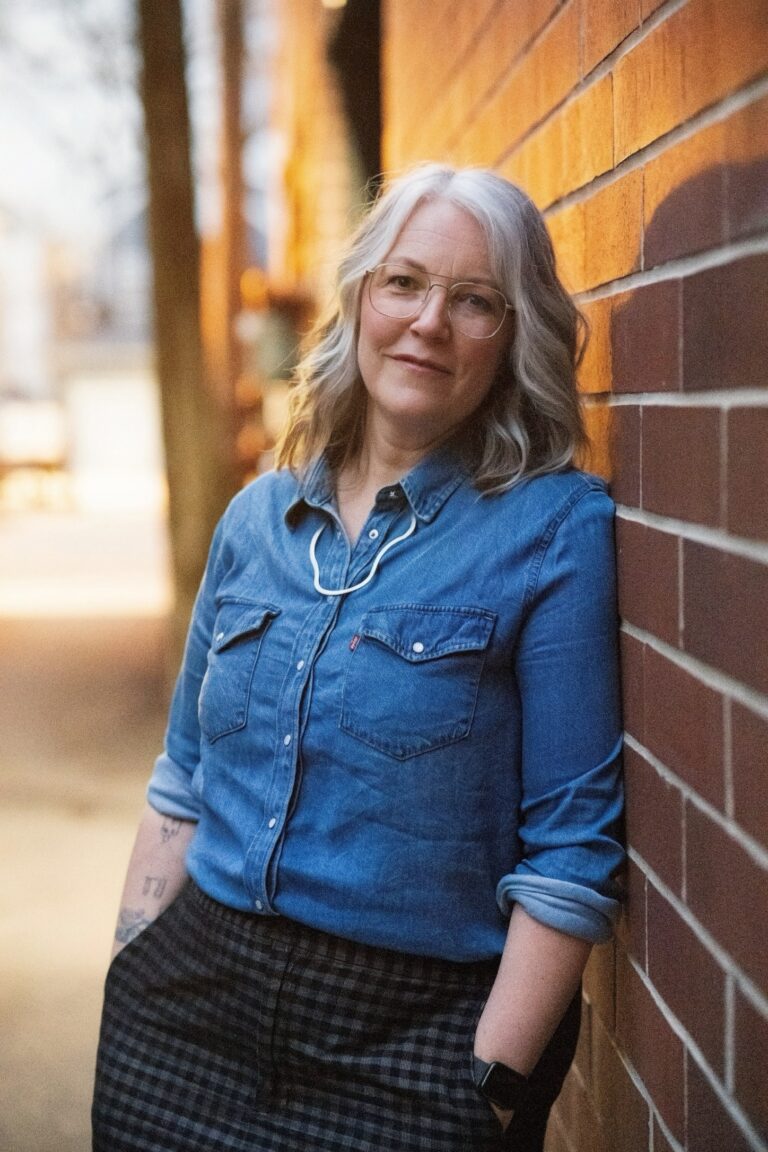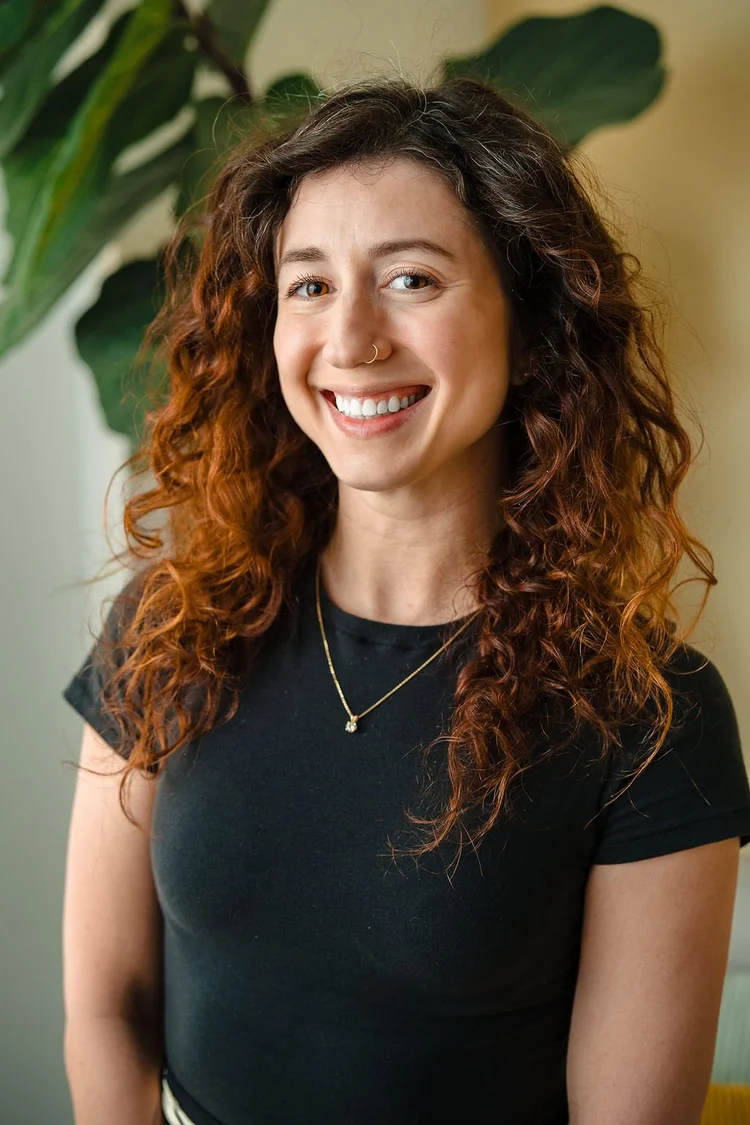for clinicians
Supervision & Consultation
Consultation | Coaching
Grace Martin, LMFT graduated from Northwestern in 2014 with her MS in Marriage and Family Therapy and in her career has worked in community mental health, supervised students and therapists, been a biller, worked in private practice, and founded this group practice in 2019. She is passionate about mentoring others and sharing what she has learned about starting a social justice based private practice, managing people, and fostering community. Her fee is $150 per meeting, but she welcomes sliding scale inquiries and offers free networking.
AAMFT Approved Supervision
If you are an MFT looking for AAMFT Approved Supervision towards licensure, we have supervisors available! Grace Martin, LMFT and Maia Easley, LMFT are AAMFT Approved Supervisors. Grace mentors Brittney Brooks, LMFT. Please email us to inquire about supervision services. Our rates run from $75-$150 per meeting.
Mentorship
Grace Martin, LMFT is an AAMFT Approved Supervision Mentor with 8 years of experience providing supervision, and in that time has supervised 12 MFTs through school or towards licensure. Grace not only brings a plethora of experience working with supervisees with differing needs, but also knows the particulars of being a supervisee’s employer/manager and often the need for playing multiple roles in supervision such as teacher, mentor, coach, and fellow human. Grace charges $150 per meeting.


